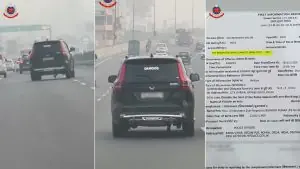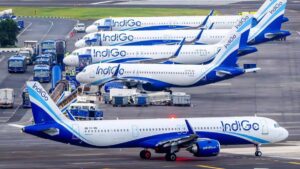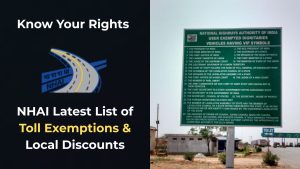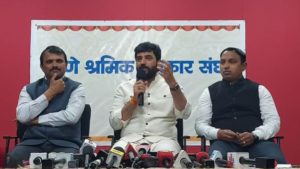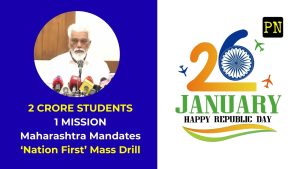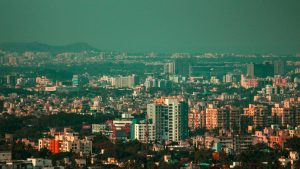US Visa Applicants in India Must Disclose All Social Media Handles in the Last 5 Years: Non-Compliance Could Lead to Complete Visa Ban
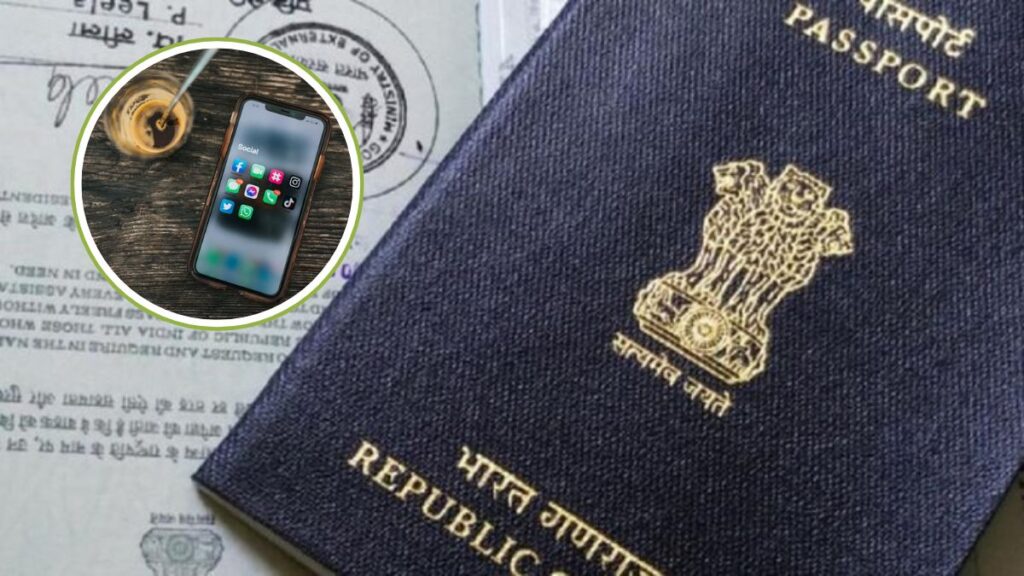
New Delhi, June 26, 2025 – The US Embassy in India has announced stricter visa application requirements, mandating that all applicants disclose their social media handles from the past five years for background checks. Failure to comply could result in visa rejection and future ineligibility, the Embassy warned.
Stricter Social Media Disclosure for US Visas
In a statement posted on X (formerly Twitter), the US Embassy clarified that visa applicants must list all social media usernames and handles used over the past five years on the DS-160 visa application form.
“Visa applicants are required to list all social media usernames or handles of every platform they have used from the last 5 years. Omitting this information could lead to visa denial and ineligibility for future visas,” the Embassy stated.
This move is part of the Trump Administration’s broader efforts to enhance security and prevent fraud in the visa process.
Student Visa Applicants Must Make Social Media Public
Earlier this week, the US Embassy also directed student visa applicants (F, M, and J visas) to make their social media accounts public to facilitate background checks.
“Effective immediately, all individuals applying for an F, M, or J nonimmigrant visa are requested to adjust the privacy settings on all of their social media accounts to public,” the Embassy stated.
This comes after the US State Department resumed processing student visas following a temporary pause last month.
Why Is the US Scrutinizing Social Media?
The US government has intensified social media vetting to identify potential security threats, including:
- Hostility toward US citizens, values, or institutions
- Fraudulent visa applications
- Links to extremist activities
Since 2019, the US has required visa applicants to provide social media details. However, the latest measures expand scrutiny, particularly for international students, amid concerns over last year’s pro-Palestine protests on US campuses.
What Is Social Media Vetting?
Social media vetting involves reviewing an applicant’s online activity—including posts, comments, and connections—to assess eligibility. Platforms like Facebook, X (Twitter), LinkedIn, and TikTok will be screened.
The F visa is for academic students, the M visa for vocational students, and the J visa for exchange program participants.
Visa applicants are required to list all social media usernames or handles of every platform they have used from the last 5 years on the DS-160 visa application form. Applicants certify that the information in their visa application is true and correct before they sign and… pic.twitter.com/ZiSewKYNbt
— U.S. Embassy India (@USAndIndia) June 26, 2025
Impact on Visa Applicants
Applicants who omit or falsify social media details risk:
- Immediate visa rejection
- Future visa ineligibility
- Increased processing delays
The US Embassy emphasized that accurate disclosure is mandatory to avoid complications.



